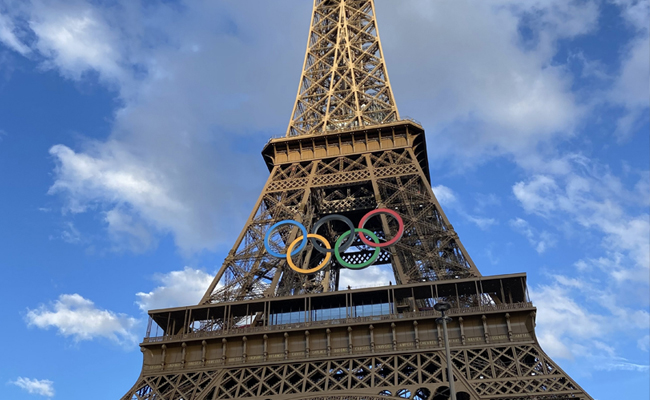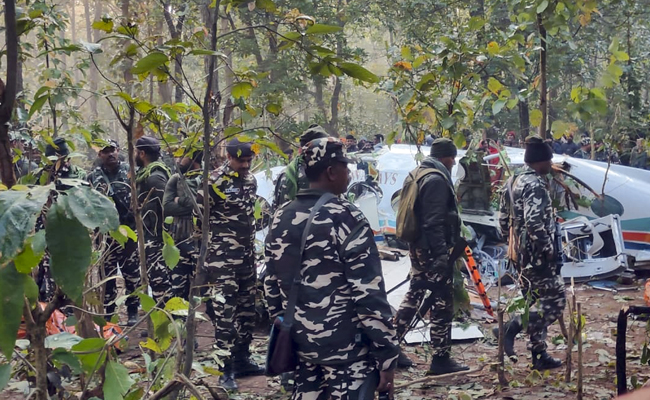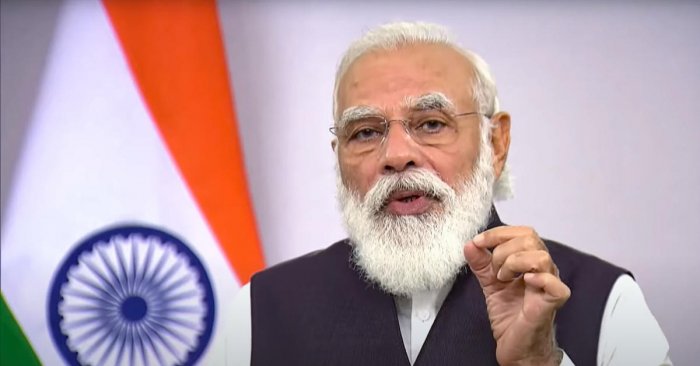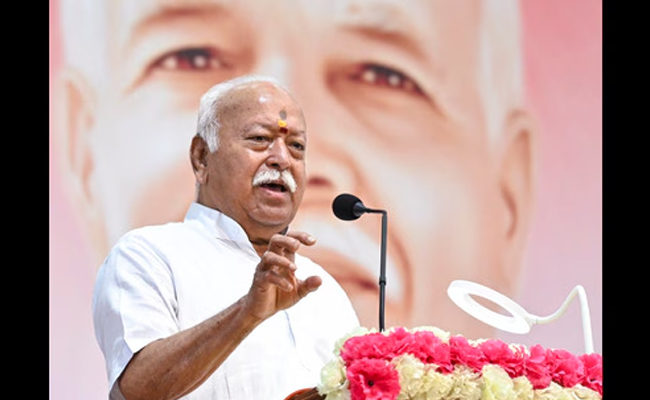Paris (AP): When Charline Van Snick flirted with another female athlete after winning the bronze medal in Judo in the 2012 London Olympic Games, she said her coach told her she needed to stay in the closet for the future of her career.
“It was a moment when I didn't feel like myself,” the 33-year-old retired Belgian Olympian said. “He said, Charline, you have to fit in the box. Everyone is looking at you and you have to be straight. ... I understood that it's not a place to be yourself, it's not a place to be LGBTQ+."
While the Olympic Games have made giant strides in the years since — the Paris 2024 Olympics set a record for the most athletes who are openly LGBTQ+ — advocates and athletes say international athletics have a long way to go in opening up to the queer community.
In the Olympic opening ceremonies, Thomas Bach, president of the International Olympic Committee, sent a message in his speech to the world: “In our Olympic world, we all belong."
Parisian officials continued their push for inclusion Monday night with the opening of the Olympic Pride House, located on a boat floating on the city's famous Seine River. Amélie Oudéa-Castéra, French Minister for Sport and the Olympic and Paralympic Games, told The Associated Press they were “sending a message of inclusion” in these Games.
“It's important to Paris, to keep fighting against all types of discrimination," Oudéa-Castéra said. "We need to drive this progress in society and the reason I am here today is because sport is a very powerful agent to do that.”
The Paris Olympics broke a record by having 191 openly LGBTQ+ athletes competing, according to Outsports, a website compiling a database of openly queer Olympians. The count surpassed the 186 athletes at the COVID-19-delayed Tokyo Olympics held in 2021.
The Olympic officials' messages and the record were welcomed by many in the LGBTQ+ community like 31-year-old Matt Clark, among those celebrating the inauguration of the Pride House. Clark said Paris has “started a legacy that is going to continue in other Games.”
“It is going to continue with other athletes and young people everywhere that it is okay to be gay and it is okay to be queer and you have a future in front of you,” Clark said. “Five, 10 years ago you had coaches telling their athletes don't come out, it will ruin your career. Now it has become a springboard for people's careers.”
Clark cited British diver Tom Daley's rise to celebrity as an example.
The number of openly LGBTQ+ Olympians has skyrocketed in recent decades. Jim Buzinski, co-founder of Outsports, said when they started tracking athletes at the Sydney Olympics in 2000, they counted only around five who were openly LGBTQ+.
“More and more people are coming out,” Buzinski said. “They realize it's important to be visible because there's no other way to get representation.”
Van Snick said it took her a long time to be truly comfortable with her own sexuality, and that she was really only able to do so when she stepped out of the spotlight.
She noted ongoing debate, an in some cases, exclusion of transgender athletes in Olympic events as disappointing.
“The world has grown since I was an Olympic medalist," Van Snick said. “But when I think of the trans question, we have a long way to go.”
Still, Buzinski and LGBTQ+ advocates see the Paris Games as an opportunity for athletes who hail from parts of the world where competitors can't be openly gay because of harsh restrictions on queer populations.
“Coming to Paris, coming to France, they are able to be their true selves," said Jérémy Goupille, co-chair of the Pride House at the Paris Olympics.
The Pride House, which debuted at the 2010 Olympics, is located on a boat floating on the Seine River and acts as the hub for the queer community during the competition.
Goupille said security concerns still remain for many athletes. Dating apps like Grindr, Bumble and Tinder have long been used as a shield for gay athletes who want to connect with other queer people in the countries where they are competing but don't want to feel publicly exposed.
But he said in previous Games, some have tried to expose athletes that are not officially out by checking heights, weights and locations of people on those apps.
Because of that, Grindr announced that in Paris they have disabled location-based features within the Olympic village where athletes stay and other official Games areas, saying it would allow LGBTQ+ athletes to connect “authentically without worrying about prying eyes or unwanted attention.”
The app made the same decision for the 2022 Beijing Olympics.
“If an athlete is not out or comes from a country where being LGBTQ+ is dangerous or illegal, using Grindr can put them at risk of being outed by curious individuals who may try to identify and expose them on the app," Grindr said in a statement.
Disabling those features was met with some criticism on social media last week after some users reported problems accessing the app in the Olympic village.
“You have to protect them because so many bad people exist. At the same time, there are so many beautiful athletes," Goupille said. "They want to meet someone and it's difficult.”
Let the Truth be known. If you read VB and like VB, please be a VB Supporter and Help us deliver the Truth to one and all.
Ranchi (PTI): All seven persons on board an air ambulance were killed after the aircraft crashed near Simaria in Jharkhand’s Chatra district, and their bodies have been brought to a hospital for post-mortem examination, officials said on Tuesday.
The Beechcraft C90 air ambulance, operated by Redbird Airways Pvt Ltd, was en route to Delhi from Ranchi when it crashed on Monday evening in the Bariatu Panchayat area of Simaria, located deep inside a forest, killing all seven onboard, including two pilots.
"We have brought all the seven bodies for post-mortem at Sadar Hospital, Chatra. The crash is being investigated," an official told PTI.
ALSO READ: Air ambulance with 7 onboard to Delhi from Ranchi crashes in Jharkhand's Chatra
The aircraft took off from Ranchi airport at 7.11 pm and went missing around 7.30 pm. It lost contact with the air traffic control about 20 minutes after departure, he said.
Ranchi airport director Vinod Kumar said inclement weather could be a possible reason behind the crash, though the exact cause would be ascertained after a detailed probe.
Jharkhand Health Minister Irfan Ansari said the state government will conduct a probe into how permission was given to the aircraft to fly during “inclement weather”. He also said proper compensation would be given to the kin of the deceased.
Terming the crash extremely unfortunate, Minister of State for Defence Sanjay Seth said unpleasant weather could be one of the reasons, which will be determined by the probe.
In a post on X, former chief minister and BJP leader Champai Soren said he was deeply saddened.
The deceased have been identified as Captain Vivek Vikas Bhagat, Captain Savrajdeep Singh, Sanjay Kumar, Dr Vikas Kumar Gupta, Sachin Kumar Mishra, Archana Devi and Dhuru Kumar.
Meanwhile, a lingering sense of grief prevailed in Chatra district, as the near and dear ones of those killed in the crash expressed shock and disbelief.
Bajrangi Prasad, the father of deceased Dr Vikas Kumar Gupta, said he had sold all his land to make his son a doctor, who was posted at Sadar Hospital in Ranchi.
"He has a seven-year-old son... He was meritorious and had completed his MBBS from Odisha’s Cuttack," Prasad, who hails from Bihar’s Aurangabad district, said.
Family members of Sanjay Kumar (41), however, blamed the “poor” health infrastructure behind the tragedy.
"Had we given proper treatment to my brother-in-law Sanjay in Ranchi, precious lives could have been saved. I lost both both Sanjay and sister Archana Devi in the incident," Kumar said.
Chatra Deputy Commissioner Keerthishree G had earlier told PTI that the bodies of all seven deceased were retrieved from the crash site and shifted to Chatra hospital for post-mortem examination.
In a statement, the Directorate General of Civil Aviation (DGCA) said the Beechcraft C90 aircraft (VT-AJV) was operating a medical evacuation flight on the Ranchi-Delhi sector when it crashed in Kasaria Panchayat of Chatra district.
“The aircraft was airborne from Ranchi at 19:11 IST. After establishing contact with Kolkata at 19:34 IST, the aircraft lost communication and radar contact with Kolkata at approximately 100 nautical miles south-east of Varanasi,” it said, adding that there were seven people on board, including two crew members.
An Aircraft Accident Investigation Bureau (AAIB) team has been dispatched to the crash site.
According to the DGCA website, Delhi-based non-scheduled operator Redbird has six aircraft in its fleet, including the one that crashed.
Anant Sinha, CEO of Devkamal Hospital in Ranchi, told PTI that the air ambulance was arranged by one of their patients.
"The patient, Sanjay Kumar, a resident of Chandwa in Latehar district, was brought to the hospital with 65 per cent burn injuries on February 16. He was being treated in the hospital," he said.
The family members decided to take him to Delhi for better treatment, Sinha said.
"They arranged for an air ambulance on Monday. The patient left the hospital for Delhi around 4.30 pm," he said.





